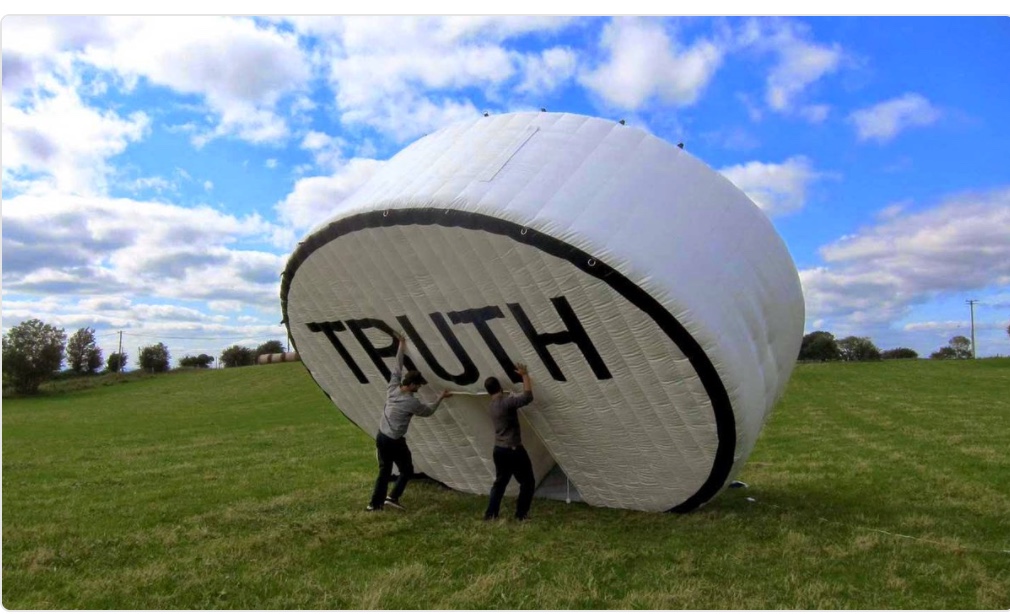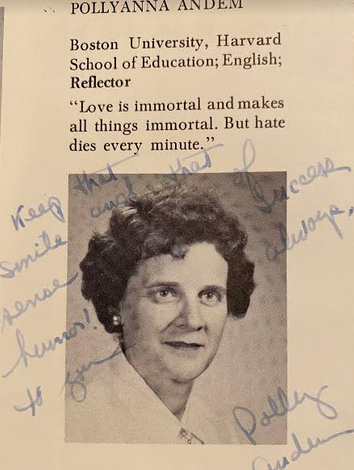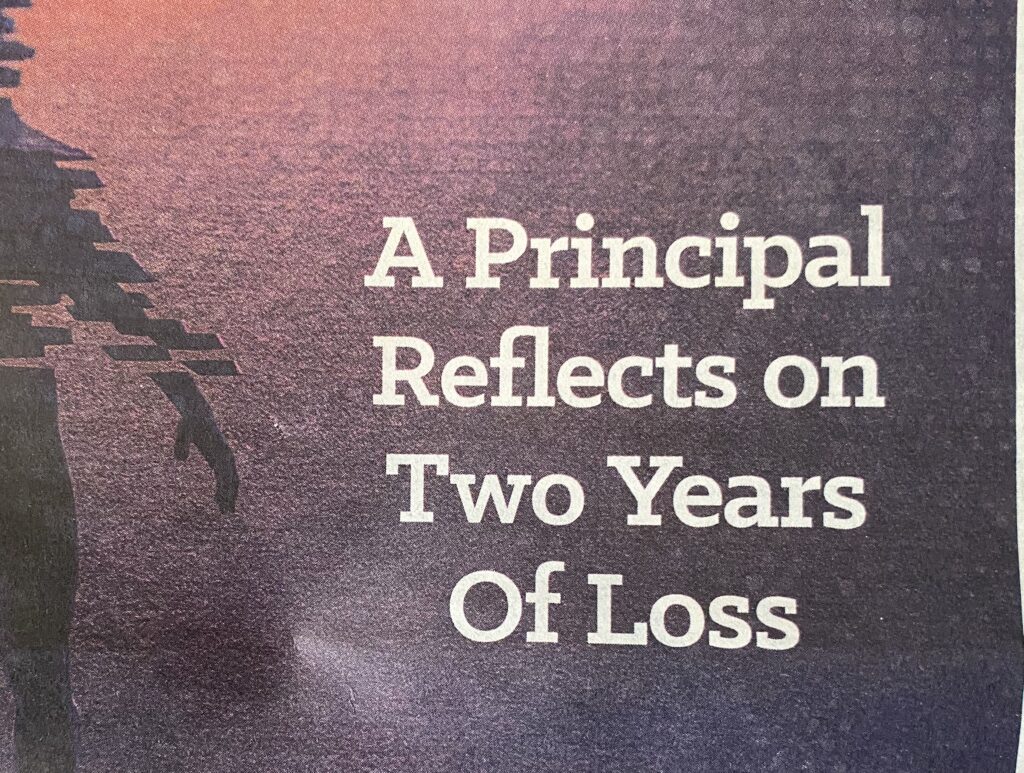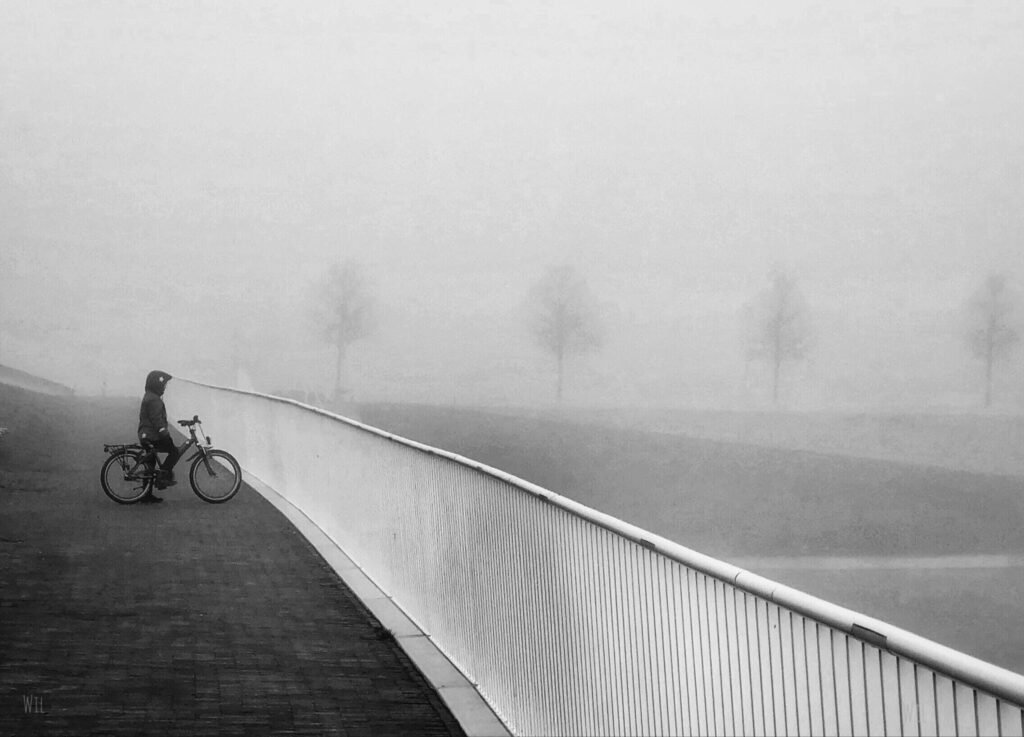I’m not sure if it was thinking about being in the back seat of a car driven by my high school track coach smiling devilishly as he swerved and circled through the near empty snow covered Northeastern University parking lot; or it was running into my senior English teacher while on my Cape Cod honeymoon with my young bride almost a year to the day following my high school graduation. But those human intersections popped up as I pondered the question , “ How did I get here?” ‘Here’ was a summer professional development day for our staff. The keynote session was led by Julia Freeland Fisher, researcher and author of Who You Know, Unlocking Innovations That Expand Students’ Networks. ‘Here’ was me, a 30+ year educator now in a leadership role at a cutting edge virtual school.
Thinking about the question, I began to recall the many social network intersections of my youth and formative professional years that led to opportunity. As compelling as Freeland Fisher’s message was about expanding student networks and mentoring connected to student interests, I felt it was only part of an equation for getting to a point in one’s life translating to satisfaction and happiness. Another part? Good adult modeling. The type of modeling Ted and Nancy Sizer alluded to in his book, The Students Are Watching: Schools and the Moral Contract. I had a wealth of both and would argue that all students need mentoring, modeling, and networking opportunities. It’s a key to unlocking a student’s passion and joy for learning and understanding what motivates him or her to take advantage of possibilities as they are presented.
As I thought about ‘how did I get here?’ a bit more, the picture began to sharpen. …
The Osmosis of Paying It ForwardRead More »




